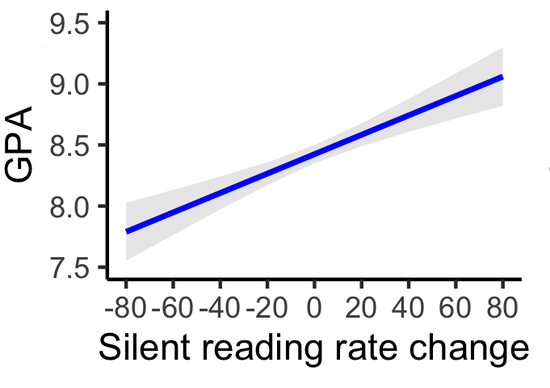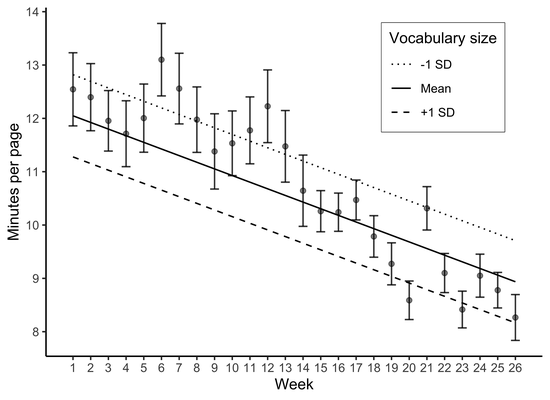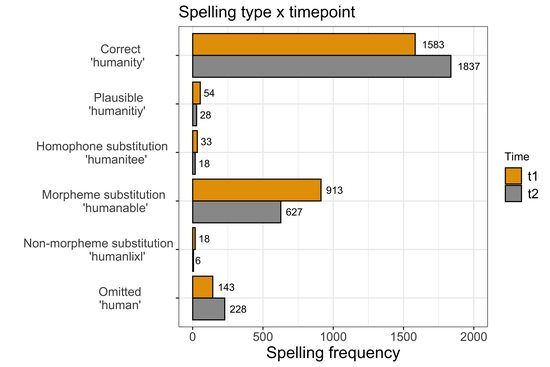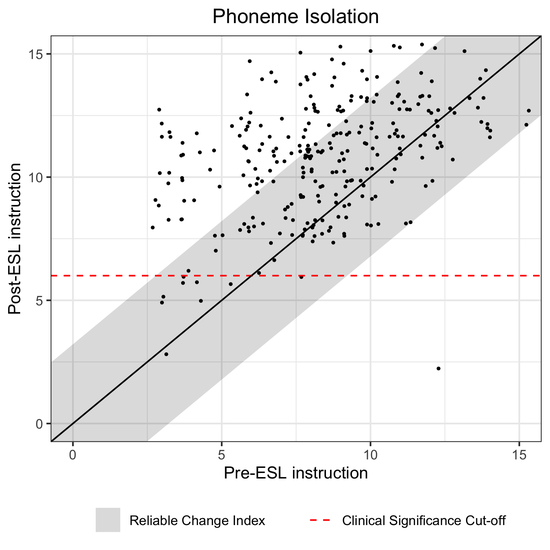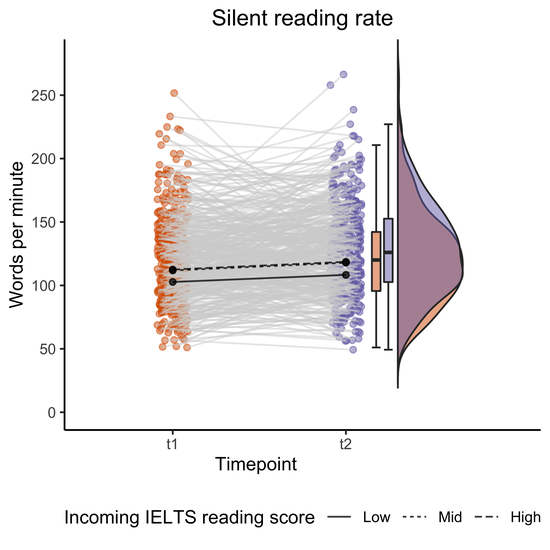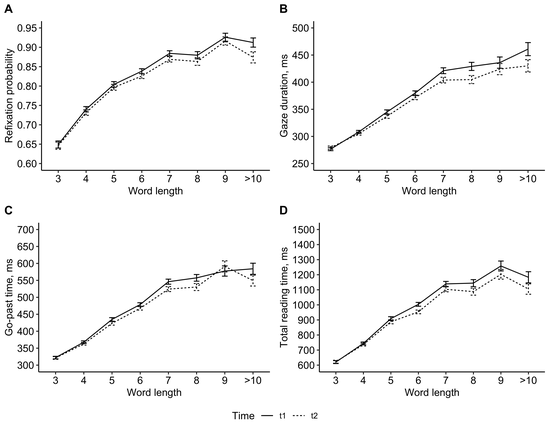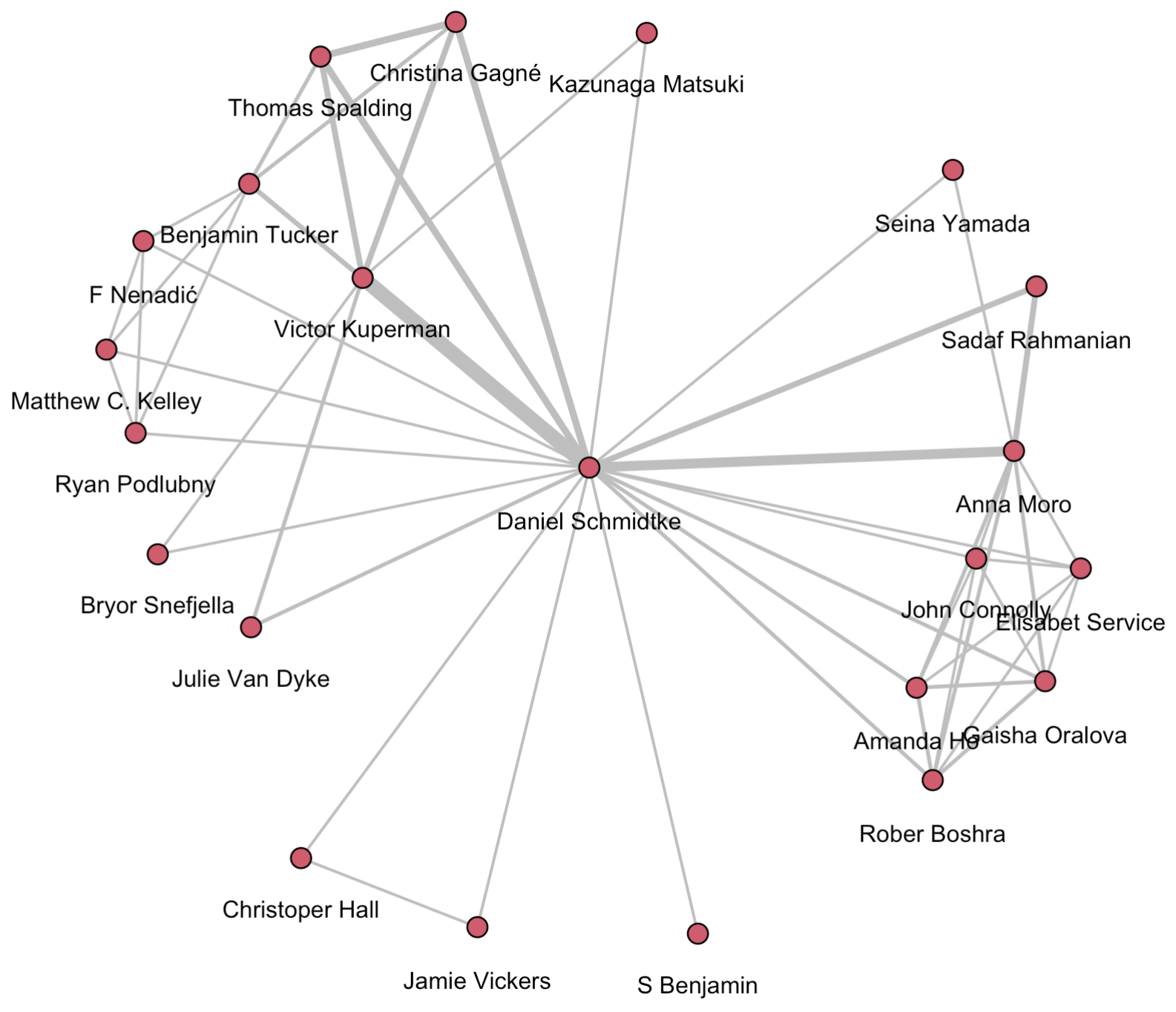I’m a psycholinguist specializing in second language reading development. I work as a Research Associate with the MELD program at McMaster University, and as a Research Fellow at the College Student Success Innovation Centre (CSSIC), a partnership between McMaster University and Mohawk College in Ontario, Canada.
You can find my published work below - projects I’ve been lucky to work on with an incredible group of researchers, mentors, and colleagues over the years.
Interests
- Reading development
- Psycholinguistics
- Eye-movements
- Morphology
- Quantitative linguistics
- Reproducible science
Education
PhD in Cognitive Science of Language, 2016
McMaster University, Canada
MSc in Developmental Linguistics, 2011
University of Edinburgh, UK
BA in English Language and Linguistics, 2010
York St. John University, UK
